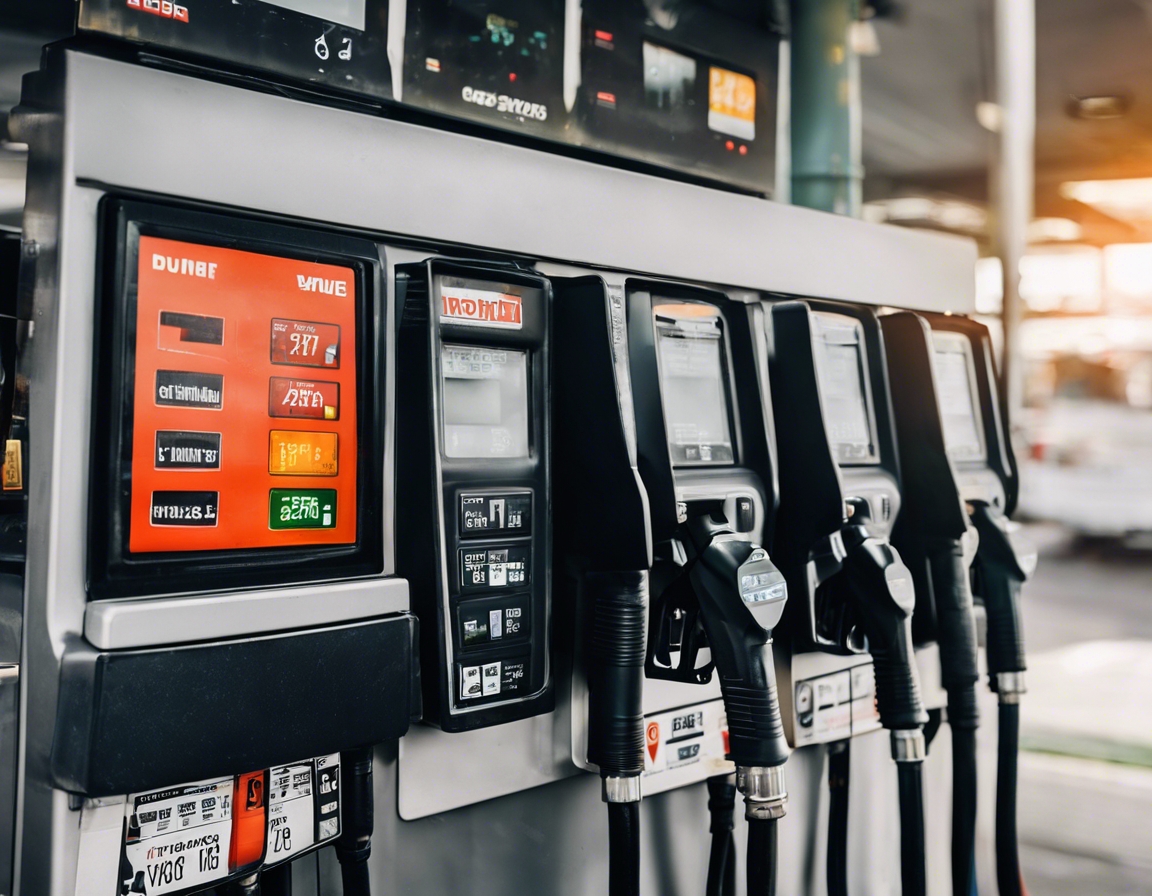The importance of quality in petroleum products
Petroleum products are essential to modern life, serving as the backbone for transportation, heating, and industrial processes. These products, derived from crude oil, include gasoline, diesel, kerosene, and heating oil, among others. The quality of these products is paramount, influencing not only their performance but also their environmental impact and economic viability.
2. Understanding Quality in Petroleum Products
Quality in petroleum products refers to the characteristics that determine their suitability for specific applications. This includes purity, energy content, and the absence of contaminants. High-quality petroleum products ensure optimal performance and longevity of engines and machinery, while also minimizing environmental harm.
Several indicators are used to assess the quality of petroleum products. These include octane and cetane numbers, sulfur content, and viscosity. Each of these factors plays a critical role in determining how well a product will perform in its intended application. For instance, a higher octane number in gasoline indicates better resistance to knocking, which is crucial for engine efficiency.
3. The Impact of Quality on Performance
High-quality petroleum products contribute significantly to the efficiency and longevity of machinery. Engines running on superior fuels experience less wear and tear, leading to reduced maintenance costs and longer service life. This is particularly important for businesses relying on heavy machinery, such as transportation and agricultural companies.
Quality also affects the environmental footprint of petroleum products. Low-quality fuels often contain higher levels of impurities, leading to increased emissions of harmful pollutants. By choosing high-quality products, businesses and individuals can reduce their environmental impact, aligning with global efforts to combat climate change.
4. Economic Implications of Quality
While high-quality petroleum products may come with a higher upfront cost, they often prove more cost-effective in the long run. Their superior performance and efficiency lead to savings on fuel consumption and maintenance, providing a better return on investment for businesses.
Investing in quality also plays a crucial role in risk management. Poor-quality fuels can lead to equipment failures and operational disruptions, which can be costly for businesses. By ensuring the use of high-quality products, companies can mitigate these risks and maintain smooth operations.
5. Quality Assurance in Petroleum Products
Quality assurance in petroleum products is maintained through adherence to international standards and certifications. These standards ensure that products meet specific quality criteria, providing assurance to consumers about their performance and safety.
Suppliers and distributors play a vital role in maintaining the quality of petroleum products. Reputable companies like LIIVI KÜTUS OÜ ensure that their products meet the highest quality standards, offering reliable and consistent solutions to their clients.





Comments (0)